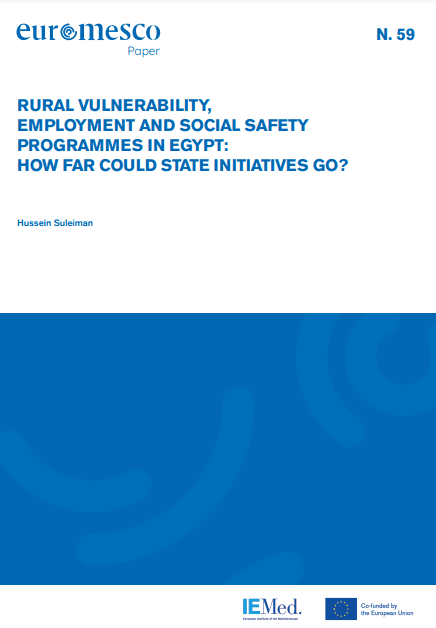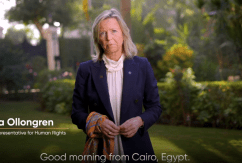This paper aims to assess the Haya Karima initiative, launched by the Egyptian government in 2019, which targets rural communities to achieve inclusive development and eliminate poverty. The paper examines the goals, interventions, and scale of the initiative and uses official data to provide indicators of its operations. Additionally, the paper analyzes rural vulnerability and poverty in Egypt, with a focus on employment opportunities and quality. Hussein Suleiman argues that while the initiative has been scaled up significantly, it has been inadequately planned and disproportionately focuses on infrastructure interventions that are unlikely to eliminate poverty. The paper proposes institutional reform as a necessary route to inclusive development and job creation in rural and urban Egypt, and recommends policy changes to address vulnerability and poverty in the country.
Rural Vulnerability, Employment and Social Safety Programmes in Egypt: How Far Could State Initiatives Go?

Read in: عربي
Thematics
Employment & Entrepreneurship
Related Publications
Latest Publications

Opinion Poll 2025 – Tunisia

Opinion Poll 2025 – Syria

Opinion Poll 2025 – Palestine
Newsletter
Subscribe to receive our latest updates
News alerts
Personalise your news alerts subscription
© This project is funded by the European Union, 2025
The information on this site is subject to a
disclaimer
and protection of
personal data .





























 Syria
Syria 



